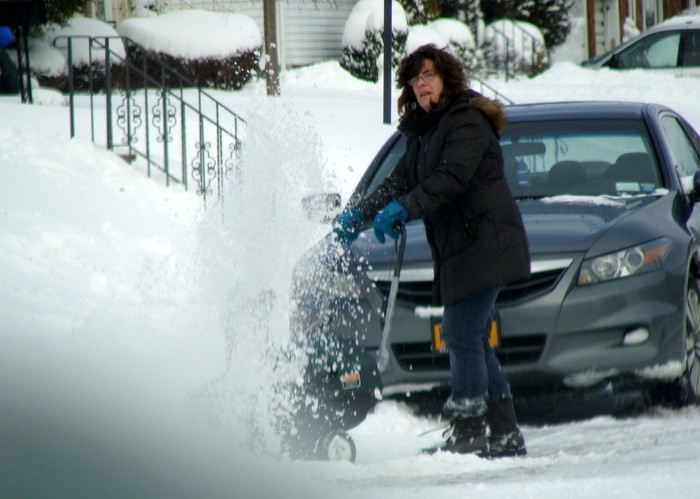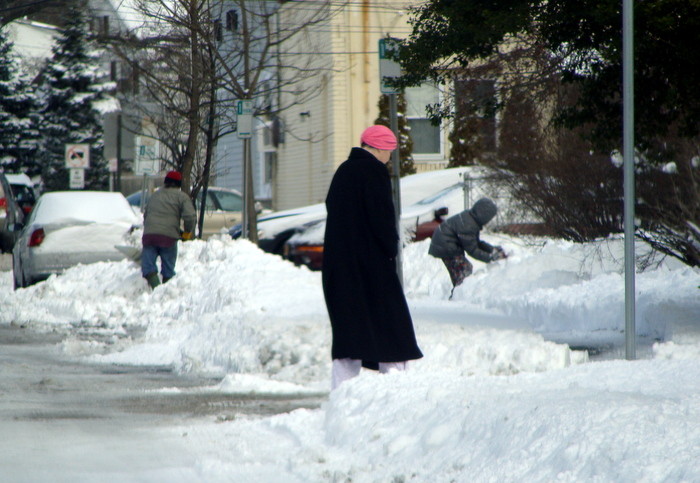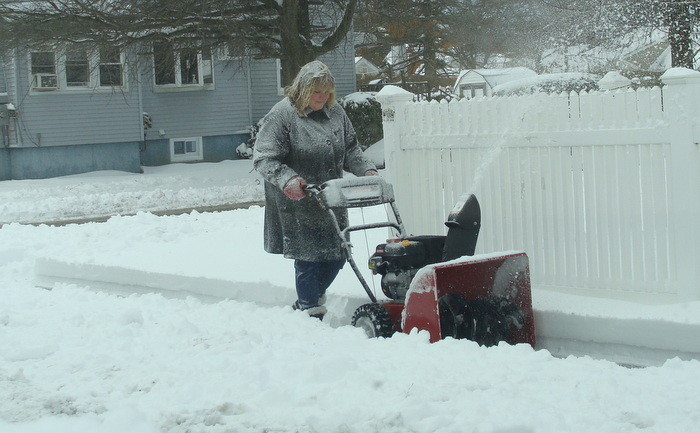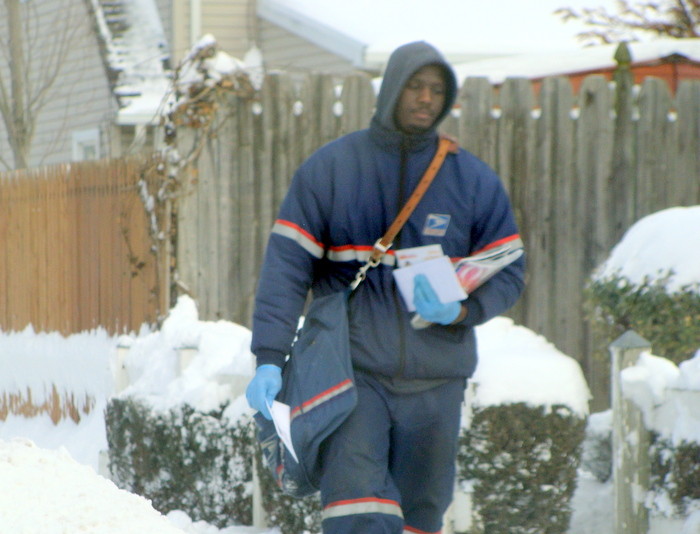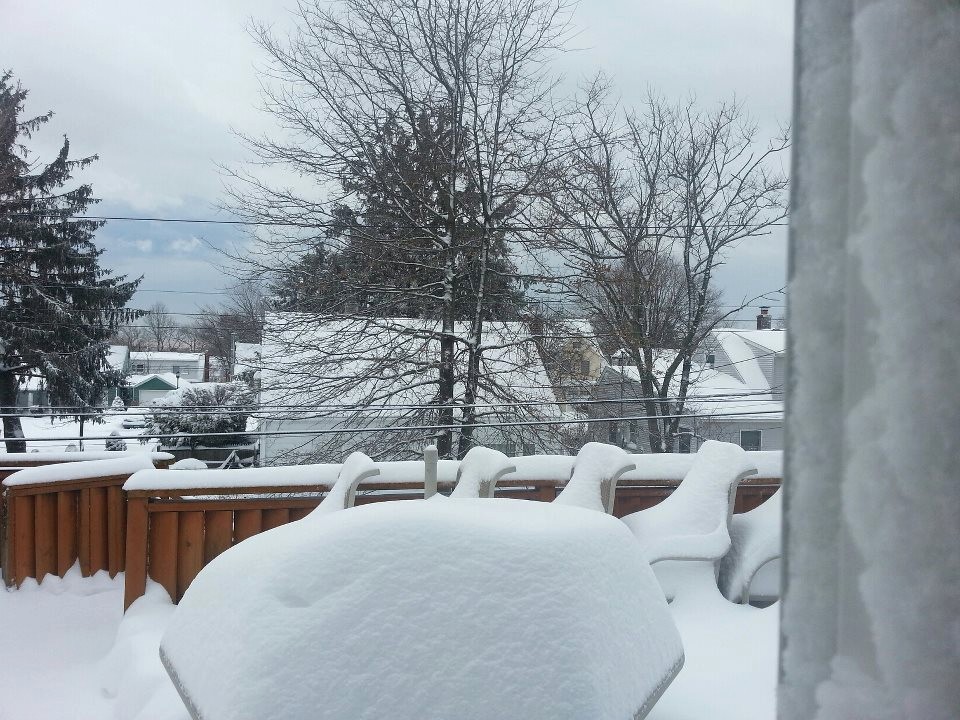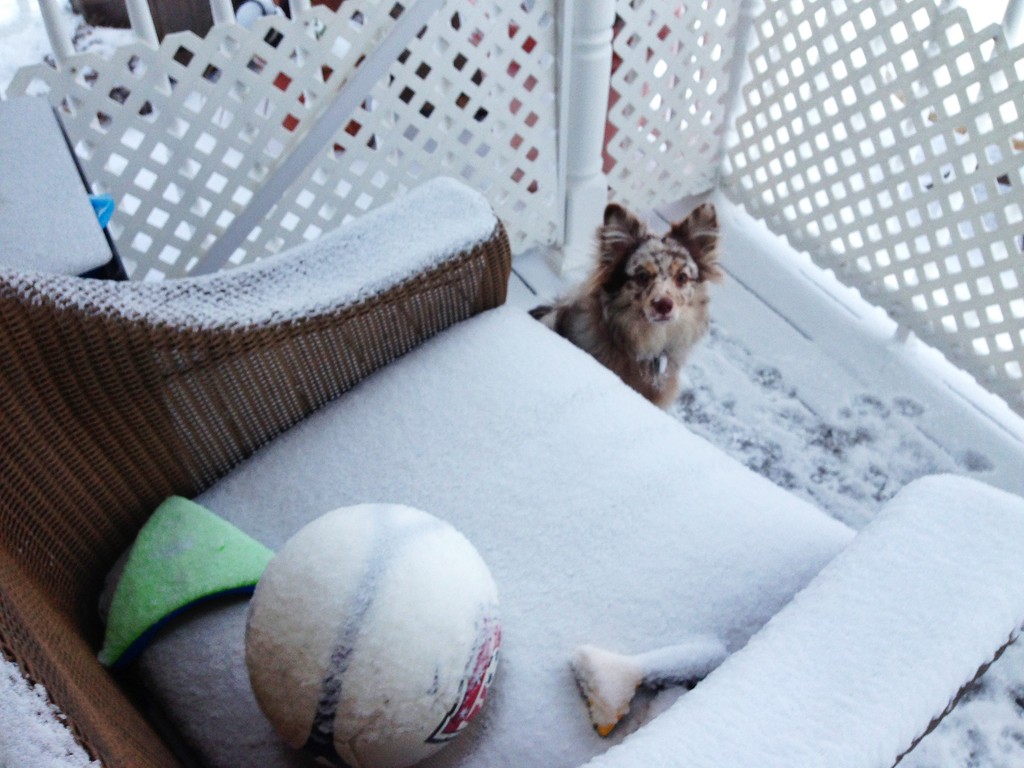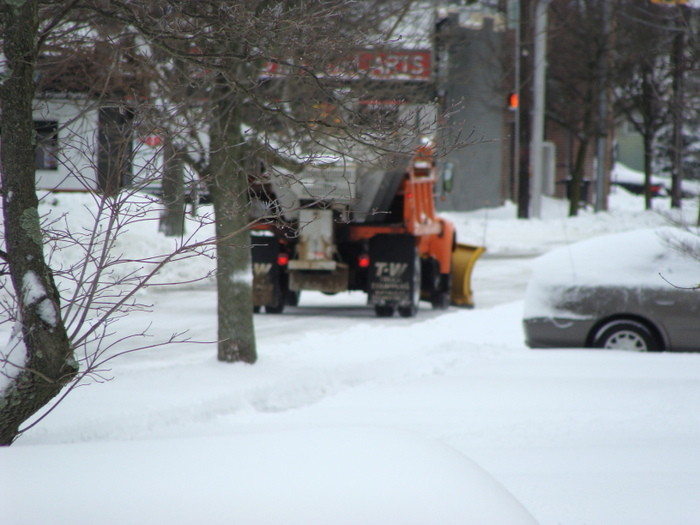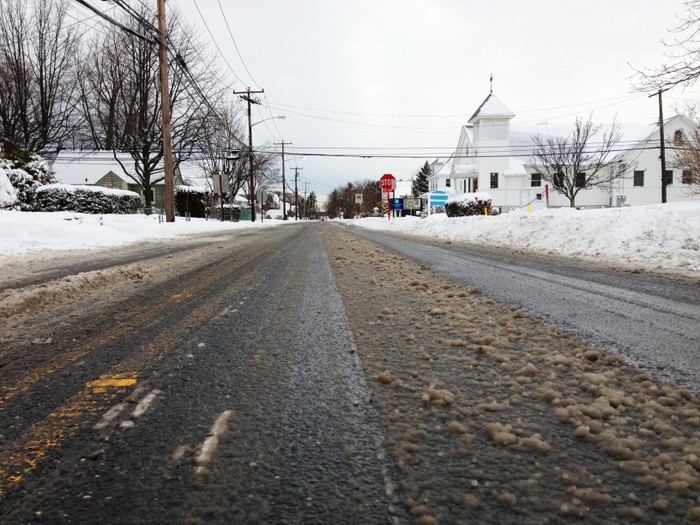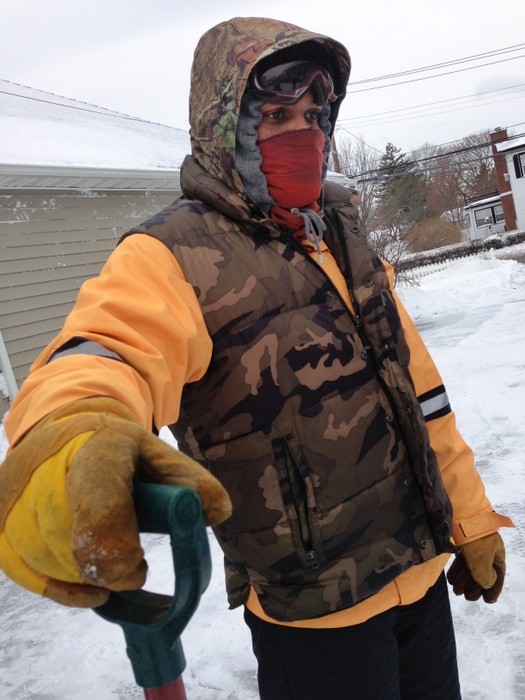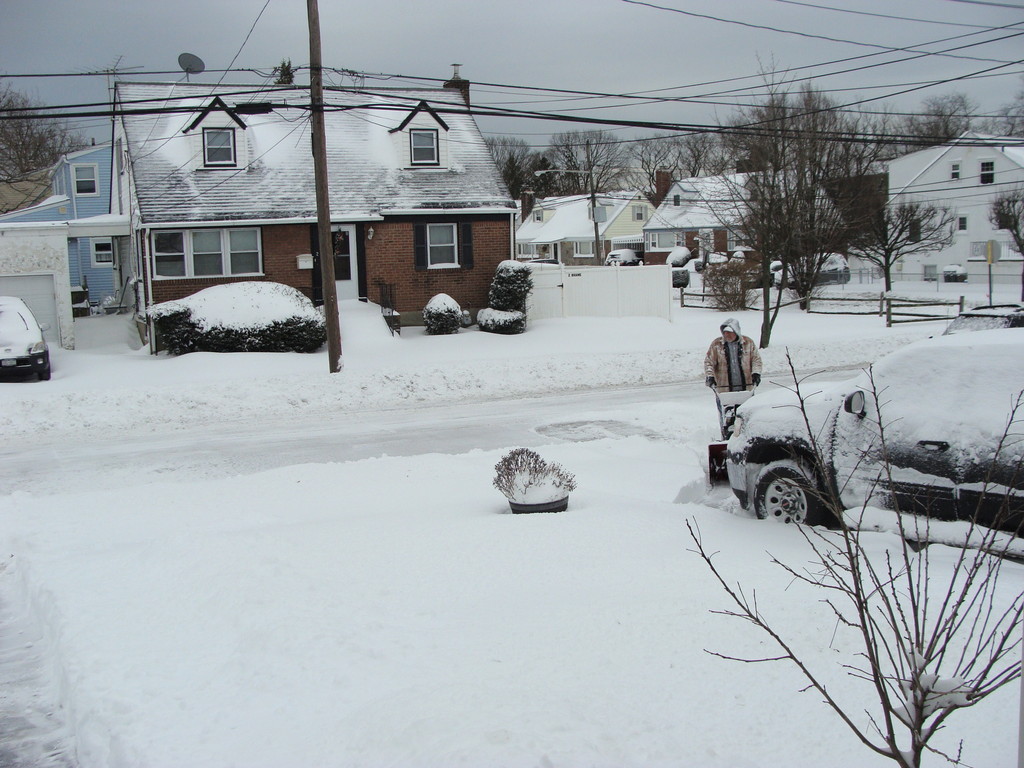Digging out in East Rockaway and Lynbrook
Cleaning up after the snowstorm; no power outages reported in area
The scrape of shovels and the sound of snowblower motors sounded early Saturday morning as hundreds of residents plowed themselves and their cars out after Winter Storm Nemo left its mark on Lynbrook and East Rockaway, leaving nearly a foot of snow through the area. Village, Town and County trucks cleared the roads.
A blizzard warning was issued by the National Weather Service and remained in effect until 1 p.m. Saturday. According the LIPA’s website, there were no power outages due to this storm in the East Rockaway or Lynbrook area.
“It wasn’t as bad as I thought it was going to be,” said David McCallister, who rents an apartment in Lynbrook. “But it’s afterward that’s the worst … cleaning off my car and my wife’s … we both work on Saturday, so we have to dig out.”
“Our Village DPW is preparing for this storm and will be on duty throughout, plowing our roadways and clearing trees where necessary,“ said East Rockaway Mayor Francis Lenahan on a Red-Alert phone message that went to all residents. “Always assume that downed wires are live and report this to LIPA immediately by calling 1-800-490-0075.”
Residents with non-life threatening emergencies can continue to call 888-684-4274 for assistance. All those with life threatening emergencies should call 911.
On the Lynbrook village website, advice was given about what to do during and after the storm:
Avoid overexertion when shoveling snow. Overexertion can bring on a heart attack -- a major cause of death in the winter. If you must shovel snow, stretch before going outside.
Keep dry. Change wet clothing frequently to prevent a loss of body heat. Wet clothing loses all of its insulating value and transmits heat rapidly. Watch for signs of frostbite.
These include loss of feeling and white or pale appearance in extremities such as fingers, toes, ear lobes, and the tip of the nose. If symptoms are detected, get medical help immediately.
Conserve fuel, if necessary, by keeping your residence cooler than normal. Temporarily close off heat to some rooms.

